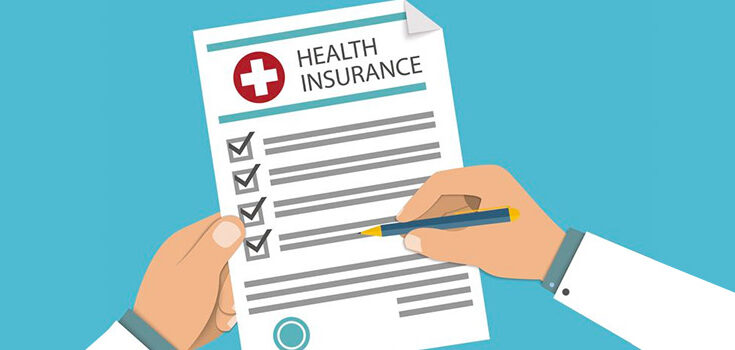You may think that because you have a health insurance policy, you are fully covered for any medical expenses you might incur. However, this is not the case. Even with health insurance, you need to be aware of what your policy covers and what it doesn’t. Many people who buy these policies mistakenly believe they provide more coverage than they really do. Health insurance policies only cover a fraction of the cost of most medical services and procedures. Instead of thinking that your policy covers everything from checkups to surgeries, understand exactly what it covers, as well as what it costs out-of-pocket if you need to use it for something expensive like chemotherapy or some other procedure that isn’t covered by your plan at all.
Know what your policy covers, and what it doesn’t.
Health insurance policies don’t cover everything, even though some people mistakenly believe they do. They don’t typically cover checkups or general wellness visits. They don’t cover the cost of most prescription drugs. They don’t cover out-of-state travel for medical care, even if you have to travel far away for specialized treatment, such as for a rare disease or an organ transplant. Policies don’t cover the cost of fertility treatments, gender reassignment surgery, bariatric surgery, laser eye surgery, cosmetic procedures, mental health services or dental work. They don’t cover the cost of emergency room visits or out-patient surgeries. They don’t cover the cost of long-term care if you are unable to care for yourself. They don’t cover the cost of assisted living unless you pay a very high premium. They don’t cover the cost of in-home care. And they don’t cover the cost of nursing home care, either.
You’ll still have to pay deductibles and co-pays.
Health insurance policies typically come with deductibles and co-pays. You may have heard that health insurance policies cover 100% of an emergency room visit or other medical cost, but this is only true if you have a plan that doesn’t require you to pay anything out of pocket. That said, it is common for insurance companies to make policy holders pay deductibles and co-pays even if they understand you have a health insurance policy. What you’re likely to pay will depend on the specific coverage you have, as well as the type of medical service you’re receiving. For example, your medical bill may include a copay of $30 to see a doctor. Your health insurance policy may require you to pay a $100 copay to see a specialist. You may need to pay up front and then be reimbursed by your health insurance company.
Ask yourself: Is it really worth it?
Health insurance policies are designed to protect you from financial loss if you become sick or injured. However, they aren’t designed to make you rich. They aren’t designed to pay you back after you’ve made a few medical visits. The point here is to understand what your policy covers, what it doesn’t cover, and whether or not it’s worth it to keep the policy in place. If you have a high-deductible plan, for example, you need to ask yourself if it’s worth paying hundreds of dollars out of pocket for every doctor visit or medical procedure. The same goes for plans that have high premiums.
You may not be reimbursed for out of pocket expenses.
Some health insurance companies may reimburse you for medical expenses after you’ve been billed. However, not all of them do. It depends on the type of policy you have. If you’re filing a claim with your insurance company, you need to be aware that some companies will only pay for what your medical bills total, and not for the amount you’ve actually been billed. For example, if you go to the hospital and you’ve been billed for $500 for the visit, but your insurance company only wants to reimburse you for $300, you need to be aware of this.
Conclusion
When buying a health insurance policy, it’s important to know what your policy covers and what it doesn’t. It’s also important to understand that while health insurance policies protect you from financial loss, they don’t make you rich.



